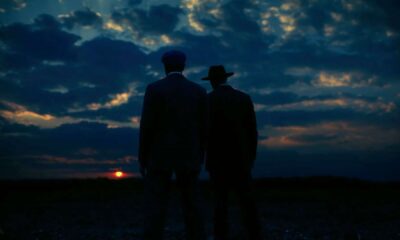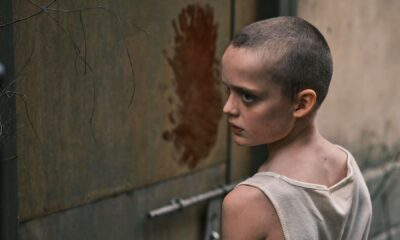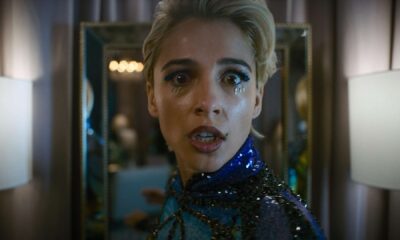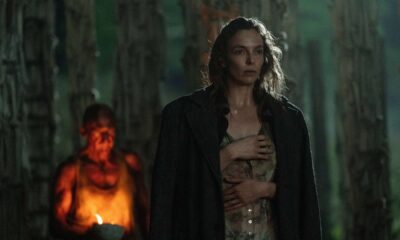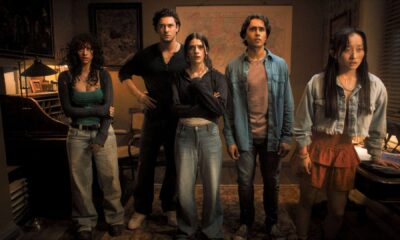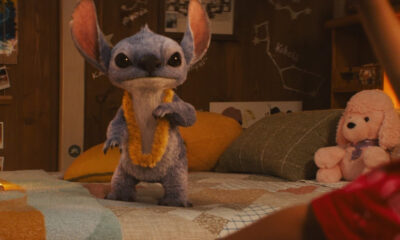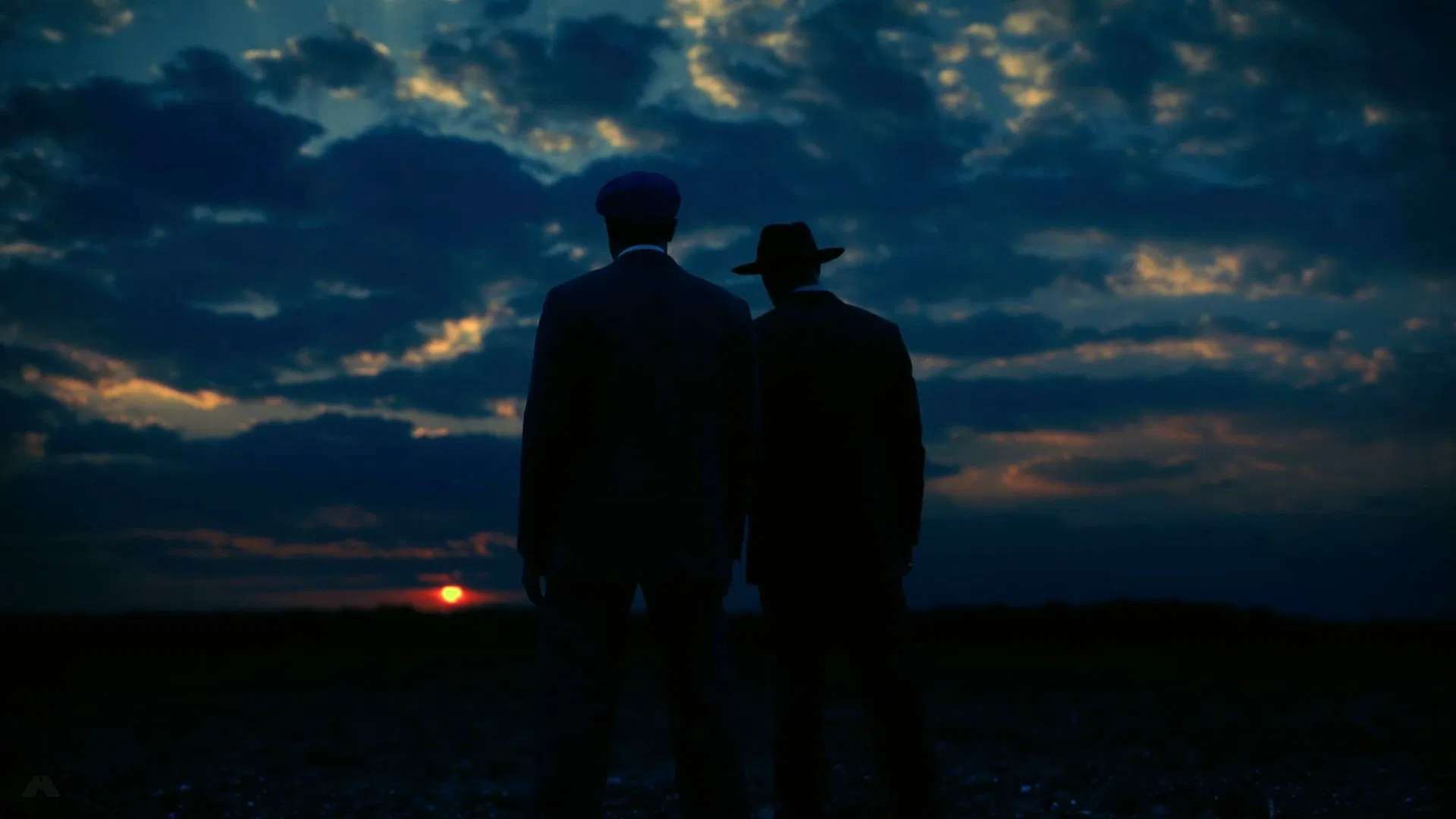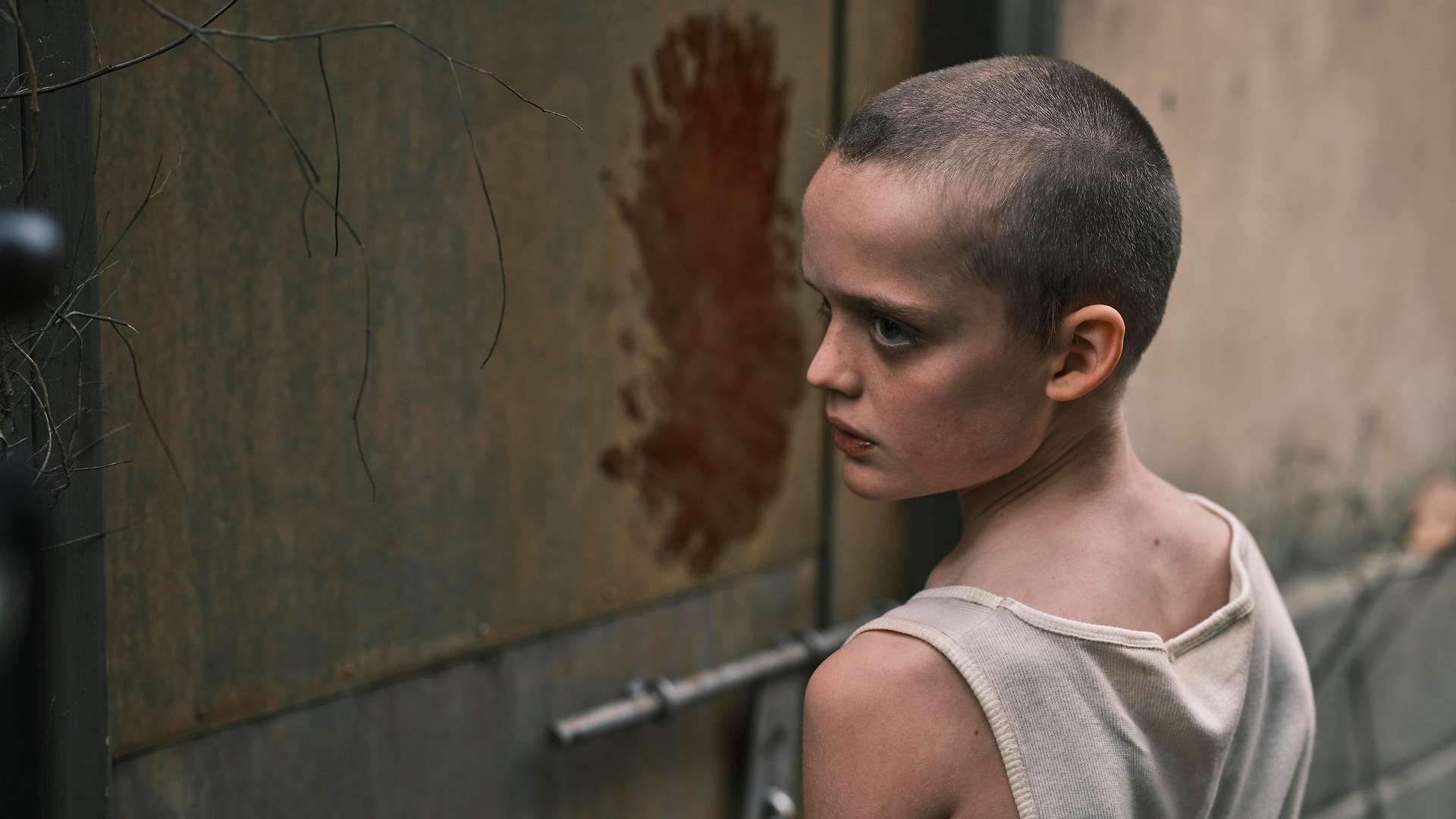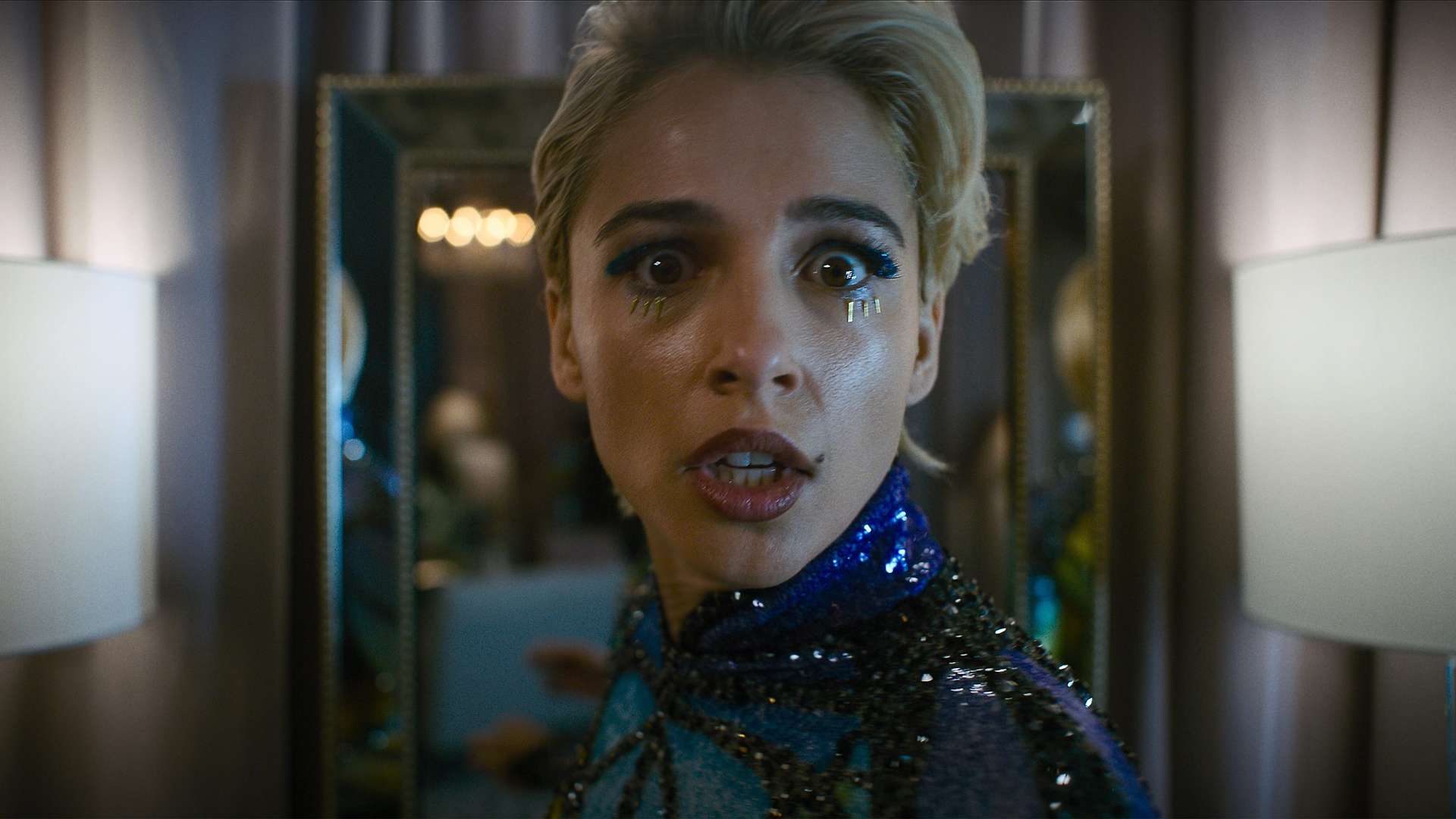Sinners is a perfectly adequate film – but that’s it, adequate.
It’s not completely shit. The acting is perfectly fine – nobody embarrasses themselves, nobody phones it in. Michael B. Jordan does his thing, everyone else does their thing, and things generally get done adequately. The music is surprisingly decent too, which is more than you can say for most films these days, where the soundtrack sounds like it was composed by someone having a nervous breakdown in a synthesiser shop.
But bloody hell, this thing is about 30 minutes too long. Maybe more. It’s like watching someone tell a perfectly good joke and then spend another half hour explaining why it was funny, complete with PowerPoint slides and audience participation segments.
You can feel where a decent 90-minute film is trying to escape from the bloated 2-hour monster it’s been trapped inside. The first 45 minutes is all set-up. Every scene goes on just a bit too long, every conversation includes about three more exchanges than necessary, and by the end you’re checking your watch wondering if time has actually stopped moving.
But there were three things in particular that bugged me about this film.
First up, we’ve got the classic “one person does something monumentally stupid that puts everyone at risk” scenario. In this case, someone invites the vampires in, because apparently nobody in this film has ever seen a vampire movie before. It’s like watching someone stick their hand in a blender and then acting surprised when it doesn’t end well.
Then there’s the antagonist, who spends precious time delivering what amounts to a TED talk about his evil plans instead of just getting on with the evil bit. Look mate, we get it, you’re the bad guy, you’ve got motivations and backstory and probably daddy issues. Just get on with the murdering, yeah? The monologuing thing stopped being clever sometime around the first Austin Powers film.
But here’s the really mental bit – even without all the villainous chat, the plan still makes no bloody sense. He’s going to burn anyway? What was the strategy there exactly? Stand around explaining things until sunrise? It’s like watching someone play chess by explaining their moves to their opponent for twenty minutes before actually making them.
The whole thing follows the “everyone gets laid and dies” formula with the reliability of a Swiss watch. You can practically tick them off: character development, bit of romance, sexy times, immediate death. It’s so predictable you could set your calendar by it.
The setting and costumes are fine enough – period pieces generally look good because someone’s put effort into making sure the buttons are historically accurate and the dirt is appropriately distributed. But looking nice isn’t the same as being interesting, which seems to be something this film hasn’t quite grasped.
What’s most frustrating is that there’s clearly a decent film buried somewhere in this overstretched mess. Strip away the padding, tighten up the pacing, maybe don’t have your villain explain his entire life story before getting down to business, and you might have something actually worth watching.
Instead, we get a film that’s been hyped to the bloody moon by people who seem to think “adequate” is the new “brilliant.” Everyone’s acting like this is some kind of game-changing masterpiece, when it’s really just a perfectly serviceable vampire film that’s been inflated like a balloon at a children’s party.
The hype is the real problem here. When everyone’s telling you something is revolutionary cinema, you go in expecting your socks to be knocked clean off. Instead, your socks remain firmly in place, possibly even more securely attached than when you started.
Look, if you go in with properly managed expectations – thinking you’re going to see a decent enough vampire film with good production values and competent performances – you’ll probably have a perfectly acceptable time. If you go in expecting the sort of groundbreaking cinema everyone’s been promising, you’re going to come out wondering what all the fuss was about.
It’s fine, I suppose, but I don’t understand why everyone’s acting like it’s the greatest thing since sliced bread when it’s really more like adequately buttered toast.
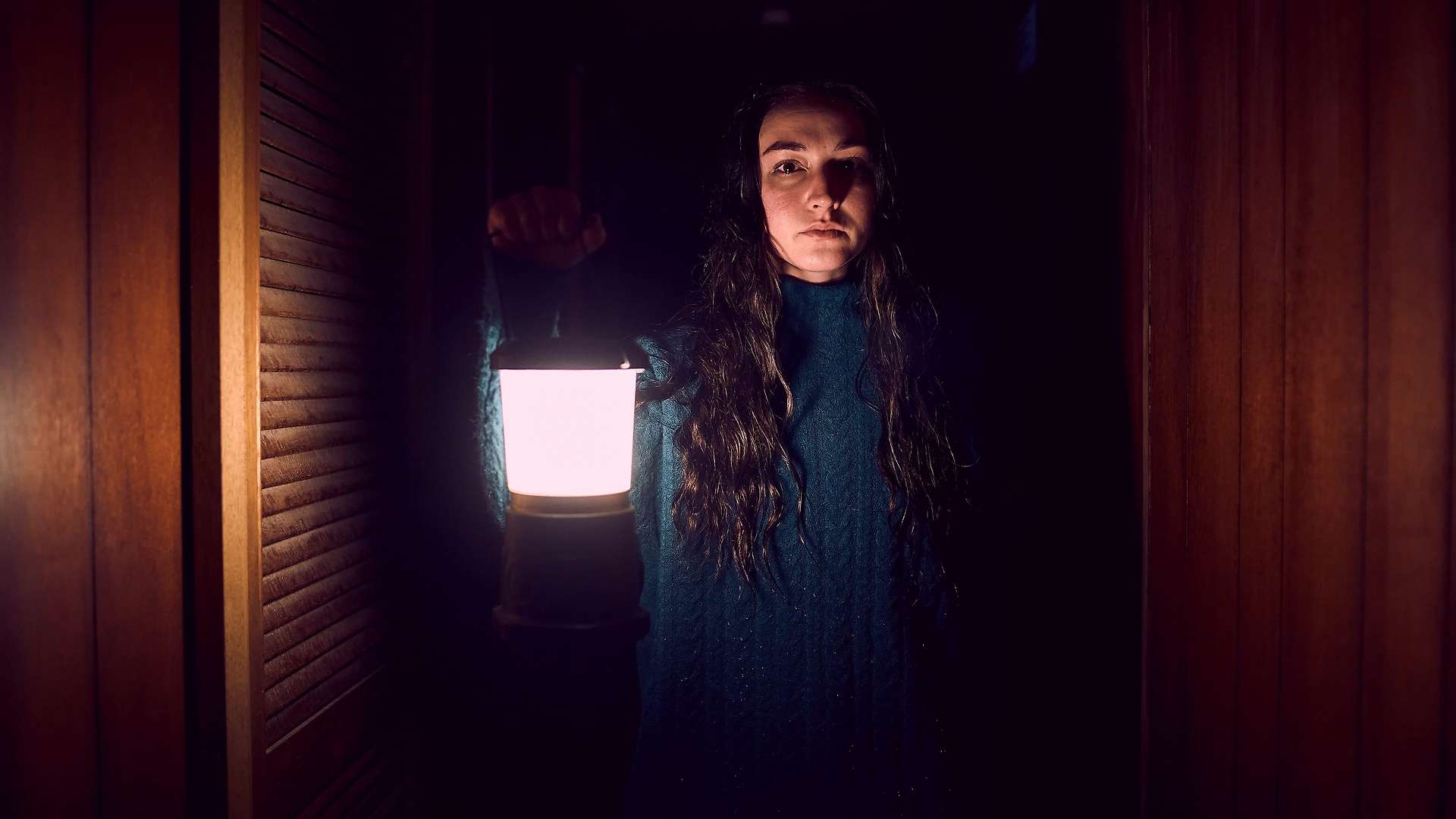
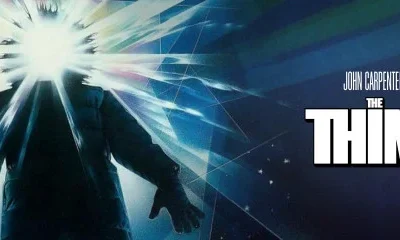
 Films2 years ago
Films2 years ago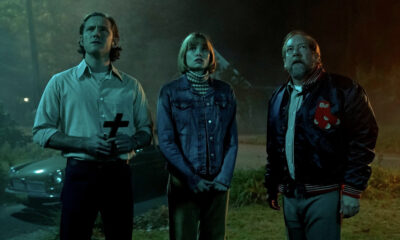
 Films1 year ago
Films1 year ago
 TV Shows2 years ago
TV Shows2 years ago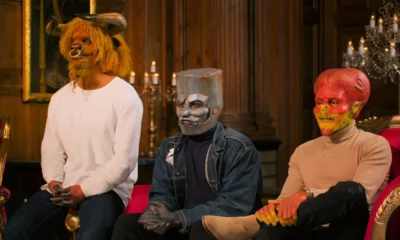
 TV Shows2 years ago
TV Shows2 years ago
 Video Games2 years ago
Video Games2 years ago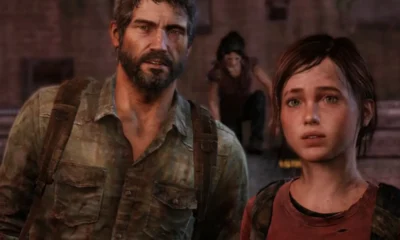
 Video Games2 years ago
Video Games2 years ago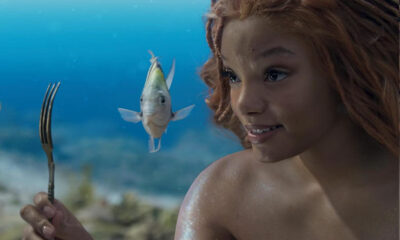
 Films2 years ago
Films2 years ago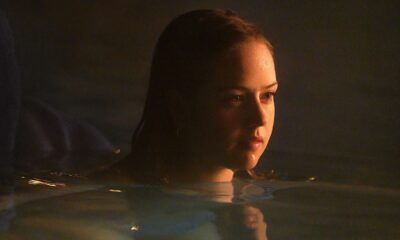
 Films2 years ago
Films2 years ago
